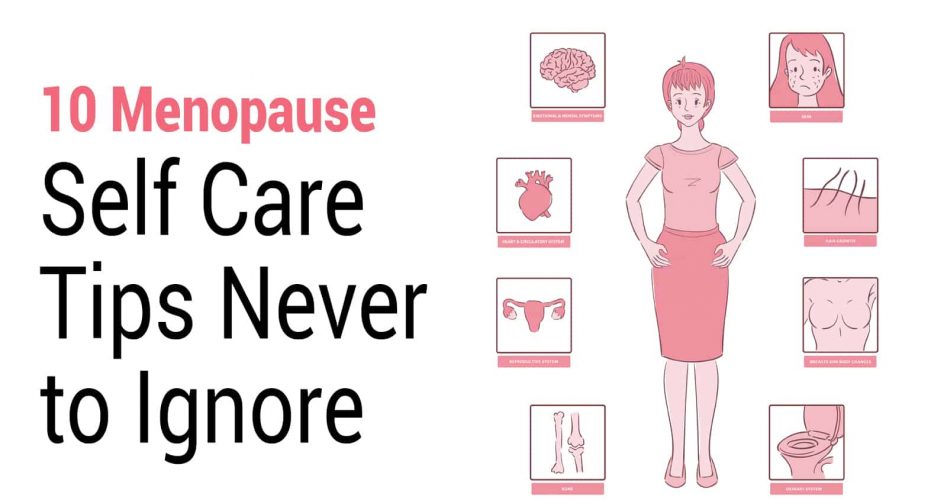Are you an introvert or an extrovert? These two personality types are often used to describe people from all walks of life. Sadly, there are many misconceptions among these personalities as people like to classify an individual as one or the other.
Did you know that you can be a combination of both personality types? Extroverts are known for being cheerful, socially generous, and frank with their conversations. While the introvert is often quiet, reserved, and would prefer a quiet evening at home rather than spending it out on the town.
Carrying a conversation with an extrovert comes easy as you don’t have to worry about awkward silence as they can talk to anyone about anything. Some think these folks are loud, insensitive, and often are attention-seeking folks. However, are these stereotypes true?
Fifteen Misconceptions About Extroverts That Are Not True
There’s always more than what meets the eye, and the same rings true for the extrovert. Here are 15 common misconceptions about extroverted people that you should know.
1. Extroverts Must Be the Center of Attention
Many people get lots of attention, but this club is not for extroverts only. Being outspoken and having the ability to voice your opinion means you have a strong personality, and introverts can have strong opinions.
2. They Enjoy Public Speaking
Is there anyone that enjoys speaking to a crowd? Even the most seasoned people still get butterflies and sweat a little bit when giving a presentation. Both the introvert and the extrovert may experience nervous issues when engaging in public speaking, or they may be excellent with it.
However, it’s not fair to lump everyone into a category because people are still individuals with unique characteristics outside of their typical personality type. Remember, these are individuals with their thoughts and feelings, and they don’t have to fit nice and neatly into a mold.
3. Jabber Incessantly
Some people love to talk, and others have little to say. Do you have a friend that likes to chatter always? It doesn’t mean that they have extroverted ways; it could be caused by nervous conditions like anxiety, ADHD, or bipolar disorder.
People assume that those who are extroverted love to jabber, but not everyone fits into these patterns. Some extroverts have strong opinions, but some don’t like to share their thoughts with just anyone.
4. They’re Superficial
It’s commonly believed that these people love to keep things on a superficial level. While they may be outgoing, they don’t want the topics of conversation to get too deep. The extrovert is usually a good listener because they ingest the information they learn and love to share it with the next person.
5. They’re Not Good at Listening
Wrong! It’s already been proven that these people may like to keep things on a surface level about themselves, but they will be more than happy to talk about your deepest and most sacred secrets. Since they love to chatter, they want to learn everything they can from you to make their next conversation worthwhile.
Extroverted people are eager to learn, so listening is usually not a problem. Consequently, they may love to gossip too.
6. They Have Limitless Energy
You may picture these people as the Energizer Bunny that keeps going and going. However, they are human beings with the same feelings and emotions as you. They get tired, their energy becomes depleted, and they must recharge their batteries.
If you see an extrovert with abundant energy, then it can be caused by an underlying medical condition like ADHD. There’re no secret energy reserves as they can run out of steam just like the next person.
7. Extroverts Don’t Like to Be Alone
Indeed, some people don’t like to be alone, even for five minutes. Individuals who crave the security of those around them can be both introverted and extroverted. Everyone needs time to decompress, but these people can do it with or without you.
When someone doesn’t like to be alone, there are almost always some issues of childhood neglect or other psychological problems that come into play.
8. They Don’t Need to Recharge
Each person has a limit of energy they can use for the day. When this energy level depletes, it’s time to decompress and recharge.
It has nothing to do with having an outgoing personality, but it has more to do with your body makeup and overall health. It’s another misconception that an extrovert has limitless energy.
9. They’re Self-Absorbed
Sure, some people are self-absorbed, but an extrovert loves to engage with people in social settings. They want to hear about your day, your life, and what’s happening around you. Don’t believe that they only care about their life because that’s not true.
10. They Tend to Be Happier People
Having an optimistic outlook in life tends to allow them to fare better in the face of controversy, but their personality also comes into play. Happiness isn’t always manifested the same in everyone, so don’t be so quick to judge that someone is happy just because they are loud and extroverted.
11. Extroverts Love Meeting New People and Don’t Get Nervous
Another common misconception about this personality is that they don’t get nervous when engaging with new folks. The thing is they may be better at hiding their nerves than the introvert.
They may talk more, talk louder, and be the first to jump in line to meet someone new, but that doesn’t mean that their nerves are not playing tricks. It just means they use different coping skills to deal with the situation.
12. They’re Not Shy
Their cheerful character and friendly personality may make you think that extroverts don’t have sensitivity. Nonetheless, they have periods of life when they are up and periods when they’re down. Just like anyone else, extroverts are sensitive to the feelings of others as well as being attentive to their struggles.
Everyone has moments in life that may cause them to feel shy. In the right situation, even the extrovert can have moments when their face turns red with embarrassment. Think of the last time you chased your office crush. The gift of gab doesn’t come so accessible to anyone during something like that.
13. They Don’t Care What You Think
Extroverts may put up a strong front that your opinion doesn’t matter, but deep down inside where it counts, what you say does affect them. The outgoing person draws their strength from those around them, and they’re happiest when they’re listening to other folks’ opinions and ideas.
Shockingly, they will be the last people you should suspect that don’t care about what you have to say or what you’re thinking.
14. They Don’t Have Close Friends
Their love of mingling and intermingling with folks doesn’t impinge on their capability of sustaining healthy relationships and closeness. Extroverts tend to keep a vast circle of acquaintances, but they also have close friends that they keep in proximity.
15. They’re Fake
Many people believe that someone who has an extrovert personality is often fake. Shockingly, their character is only one part of the puzzle that makes up the person. This individual can be fake, but it’s unfair to categorize them.
A study in 2011 found that an extroverted person’s brain is different from that of an introvert. Their need to have stimulation continually has to do with the way they process dopamine. They seek pleasure from others and continuously need to be stimulated.
Did you know that extroverted people have a higher risk of developing a chemical dependency? It has to do with the way their brains are wired and how they crave stimulation. To be successful in work and life, this person must learn how to maximize their strengths.
Final Thoughts on Understanding the Misconceptions About Extroverts
Do you fit more into the introverted category, or are you more extroverted? Perhaps you are a combination of the two personality types. Did you see some things on the list that surprise you?
It’s easy to form opinions based on the experience and views of a few people. Thankfully, each person is unique, and as an individual, some characteristics are solely theirs. Do you know any famous people that fit into the extroverted category type?
Did you know that there are more extroverted people in this world than introverted ones? Some famous individuals with an extrovert personality type include Oprah, Robin Williams, Tom Hanks, Jim Carrey, Johnny Depp, Madonna, Jerry Seinfeld, and Matthew Perry.
When it comes to the introverts, you can group people like Tom Cruise, Marilyn Monroe, Julia Roberts, Lady Gaga, Britney Spears, Brooke Shields, and Arnold Schwarzenegger into this category.
Do you see any of your personality in any of these actors? It’s possible you are a combination, and it’s okay to break the mold. Extroverts are often misunderstood, but many misconceptions can be quickly cleared with a little education about personalities.













